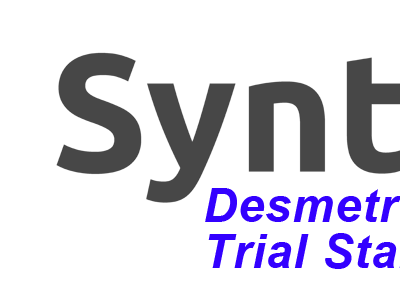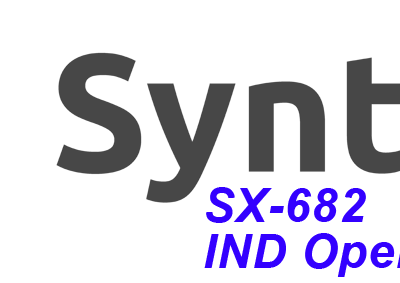A new study led by researchers at NYU Grossman School of Medicine and its Laura and Isaac Perlmutter Cancer Center revealed for the first time that activation of CXCR2 may be a general resistance-response to non-small cell lung cancer (NSCLC) treatments that inhibit the RAS/RAF/MEK/ERK signaling pathway, and may explain why many patients with lung cancer do not respond to such treatments.
Published in Cancer Discovery, findings from the study show that inhibition of CXCR2 signaling with SX-682 increased sensitivity of lung cancer to both investigational and FDA-approved therapies targeting the RAS/RAF/MEK/ERK signaling pathway.
Lung cancer is the most common cause of cancer-related death worldwide, with over 1.8 million lung cancer deaths annually and approximately 236,000 new cases in the U.S. NSCLC accounts for approximately 84% of new lung cancer diagnoses each year.
“These findings have major clinical implications with many existing and new NSCLC treatments inhibiting the RAS/RAF/MEK/ERK signaling pathway, including targeted therapies such as osimertinib to mutant EGFR, and sotorasib and adagrasib (MRTX849) to mutant RAS,” said John A. Zebala, MD, PhD, co-author of the study and President at Syntrix Pharmaceuticals.
Using cell culture and mouse models, the NYU team demonstrated how inhibition of SHP2 (SHP2 is required for KRAS activation), KRAS, EGFR or MEK caused activation of CXCR2 signaling that drew granulocytic myeloid-derived suppressor cells (gMDSCs) into tumors. The infiltrating gMDSCs impaired the anti-tumor actions of T cells. The researchers found the same effects on CXCR2 signaling and gMDSC influx in tumors from patients treated with the KRAS G12C-specific inhibitor, adagrasib.
The researchers found that combining SX-682 with SHP2 inhibition in an extremely aggressive mouse tumor model significantly depleted gMDSC infiltration and generated CD8+ effector T cells with strong anti-tumor activity. Compared with SHP2 inhibition alone, the combination completely suppressed tumor growth after two weeks of treatment, the time point at which untreated tumor-bearing mice started to die. The combination also prolonged survival (median: 38 days) compared to SHP2 inhibition alone (median: 27 days) or SX682 alone (median: 21.5 days), more than doubling overall survival compared with untreated (median: 18 days) mice. The team found no toxicity after five weeks of combination treatment. The study concludes that the results support testing of RAS/ERK pathway inhibitors with SX-682 in NSCLC patients.
ABOUT SX-682: SX-682 is an oral allosteric small-molecule inhibitor of CXCR1 and CXCR2 (CXCR1/2) being investigated in several Phase 1/2 clinical trials. CXCR1/2 are a combined “master switch” of the tumor microenvironment. Clinical studies have shown an inverse correlation between blood CXCR1/2 ligands and immune-checkpoint blockade (ICB) response and survival. SX-682 has been validated in major solid tumor models, where it exhibits mono-agent activity, blocks metastasis, depletes MDSCs, activates infiltration and killing by immune effector cells, reverses chemo-resistance, and enhances ICB.
ABOUT SYNTRIX: Syntrix is a pharmaceutical company committed to discovering and delivering innovative therapies to solve the most difficult clinical problems. Convergent Science & Strategy. Breakthrough Medicines.
DISCLOSURE NOTICE: This release contains forward-looking information that is based on company management’s current beliefs and expectations and are subject to currently unknown information, risks and circumstances. Actual results may vary from what is projected. Syntrix does not undertake any obligation to publicly update these forward-looking statements, whether as a result of new information, future events or otherwise.
Media Contact: Aaron Schuler, PhD, 253-833-8009, x21



